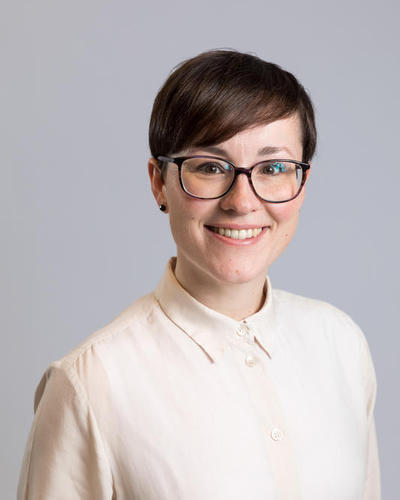Clinical encounters with refugees suffering from mental health problems

Main content
Many refugees coming to Norway face mental health challenges stemming from stressful experiences during and after flight. It is a challenge for the public health sector to offer services meeting the needs of this group. Refugees, especially from specific regions, tend to underutilize specialized mental health services compared to the native-born population. Several factors contribute to this disparity, such as differing perspectives on mental health treatment, taboos and stigma, awareness of available health services, and views about where and from whom help should be sought.
The primary aim of the project was to establish a research-based platform to enhance and customize mental health services for refugees. Specifically, it sought to provide insights into the mechanisms influencing refugees' access to and utilization of mental health services, with a particular focus on general practitioners (GPs). The initial subproject explored how refugees from Syria, Afghanistan, and Somalia perceive and prefer managing/treating mental health issues and their experiences with public health services in Norway. Data were gathered through focus group interviews and surveys. The second project concentrated on the clinical interaction between GPs and patients with a refugee background. Interviews with GPs were conducted, and an experimental study featuring film clips with (fictive) patients (differing in ethnicity and gender) presenting mental health problems was carried out. GPs were asked to provide clinical judgments for each patient. The film clips and other project findings were integrated into a resource platform for GPs and healthcare professionals in public health services.





